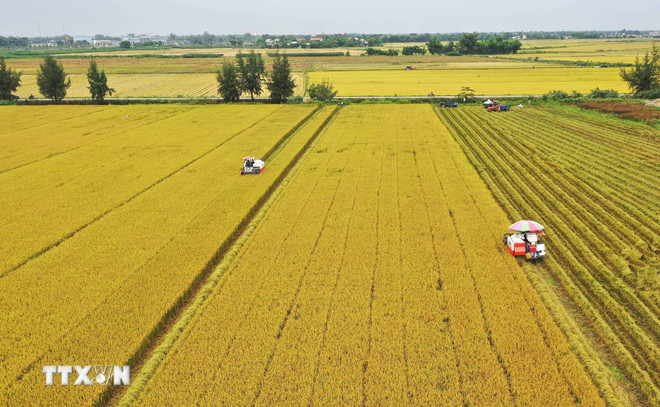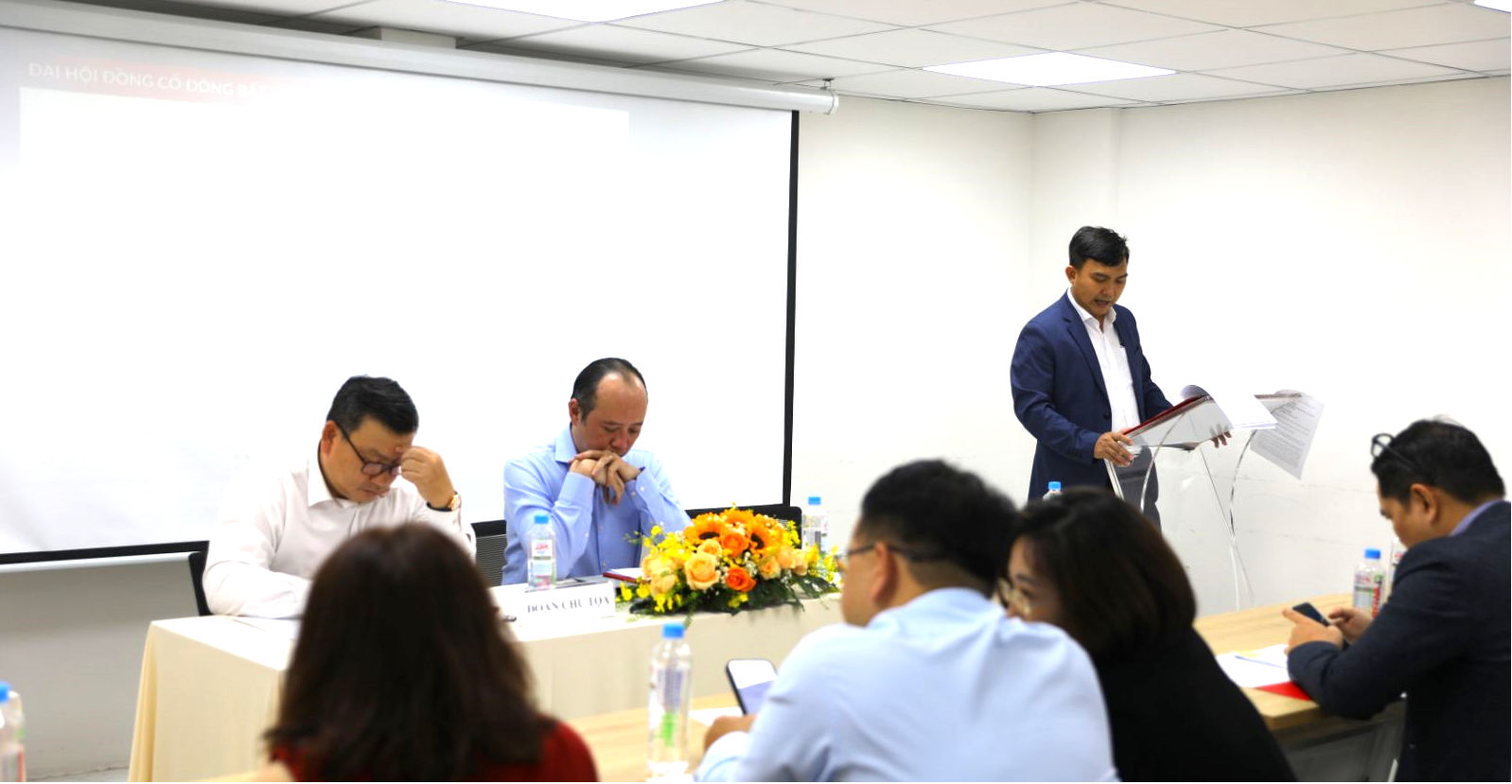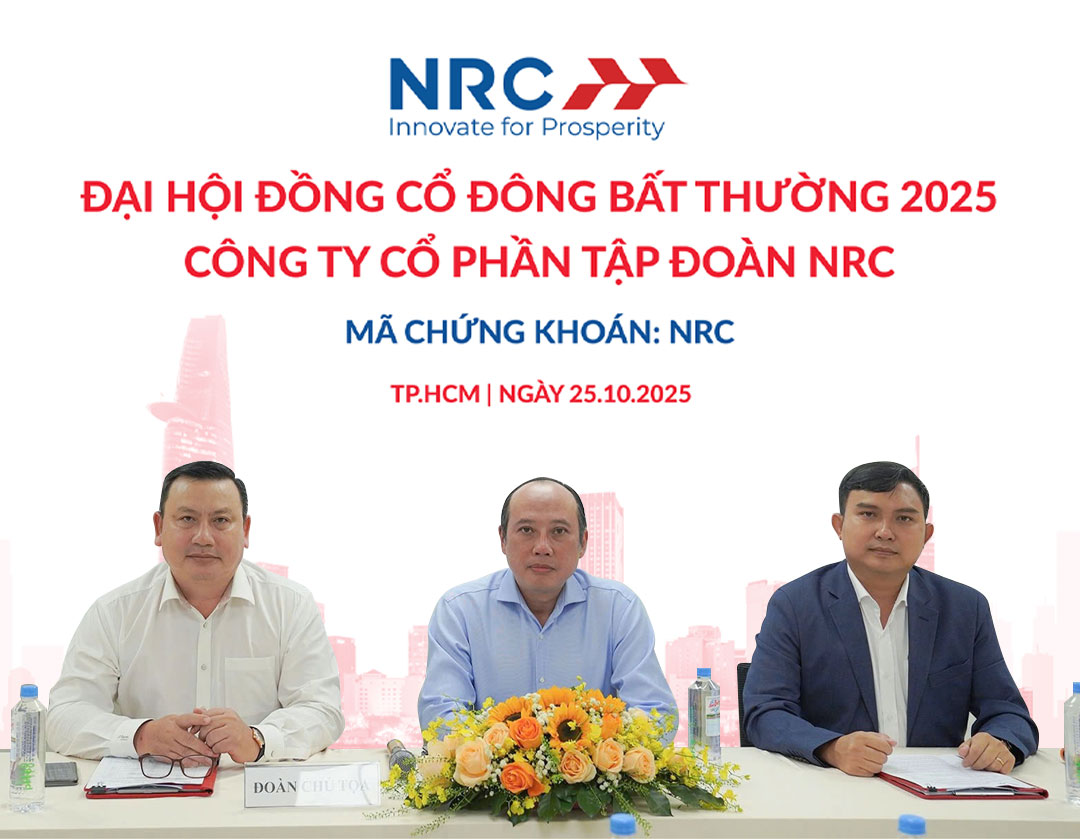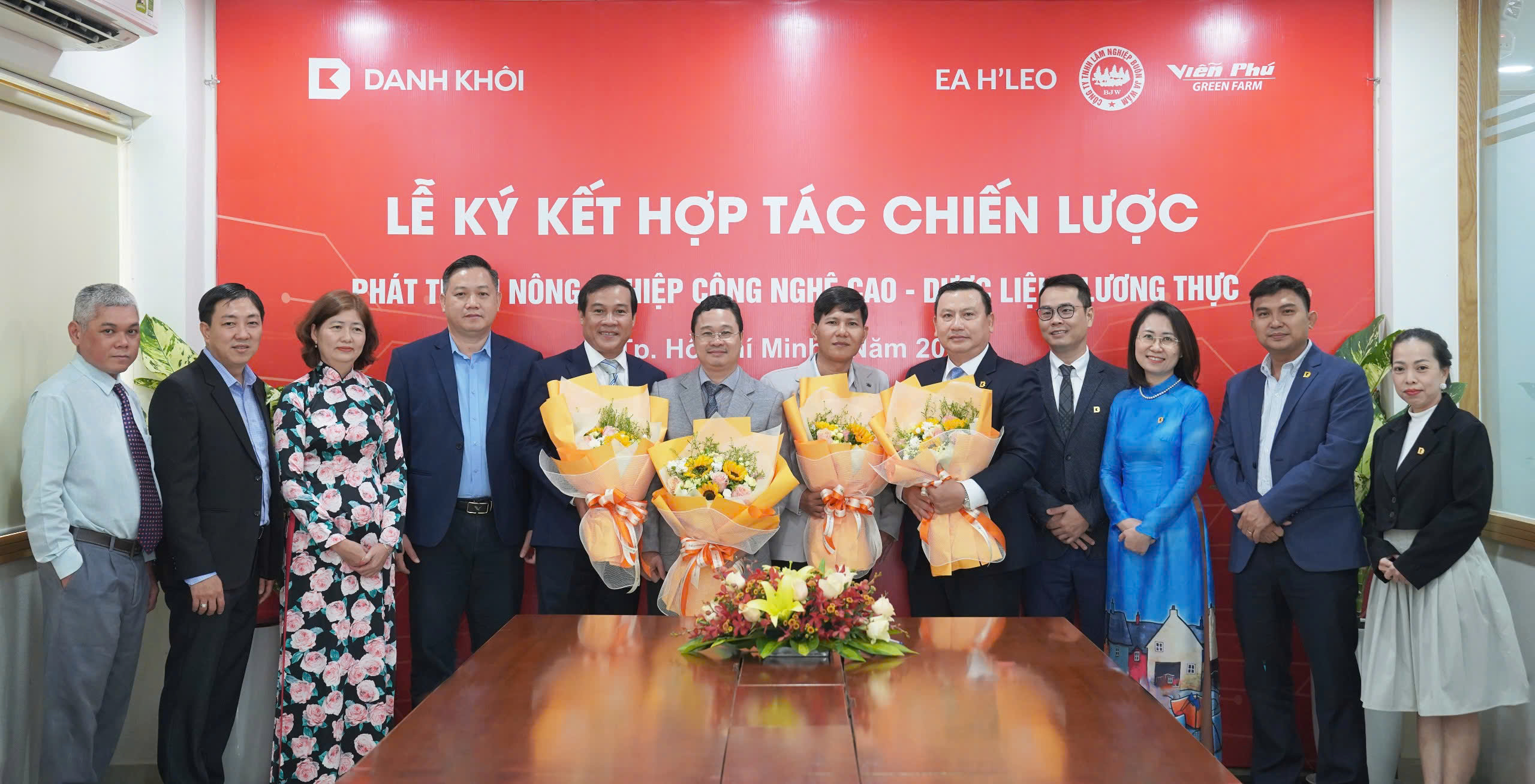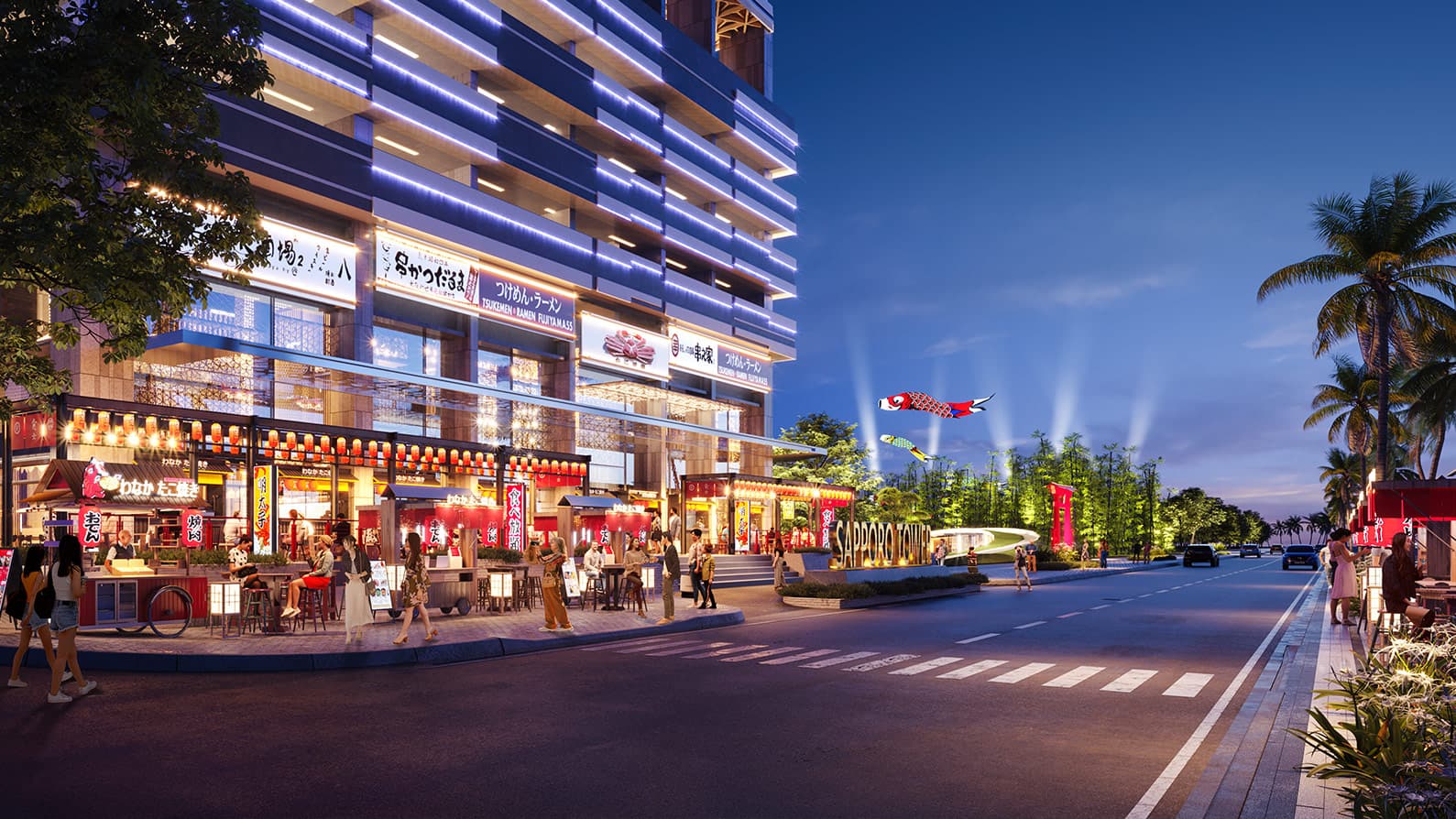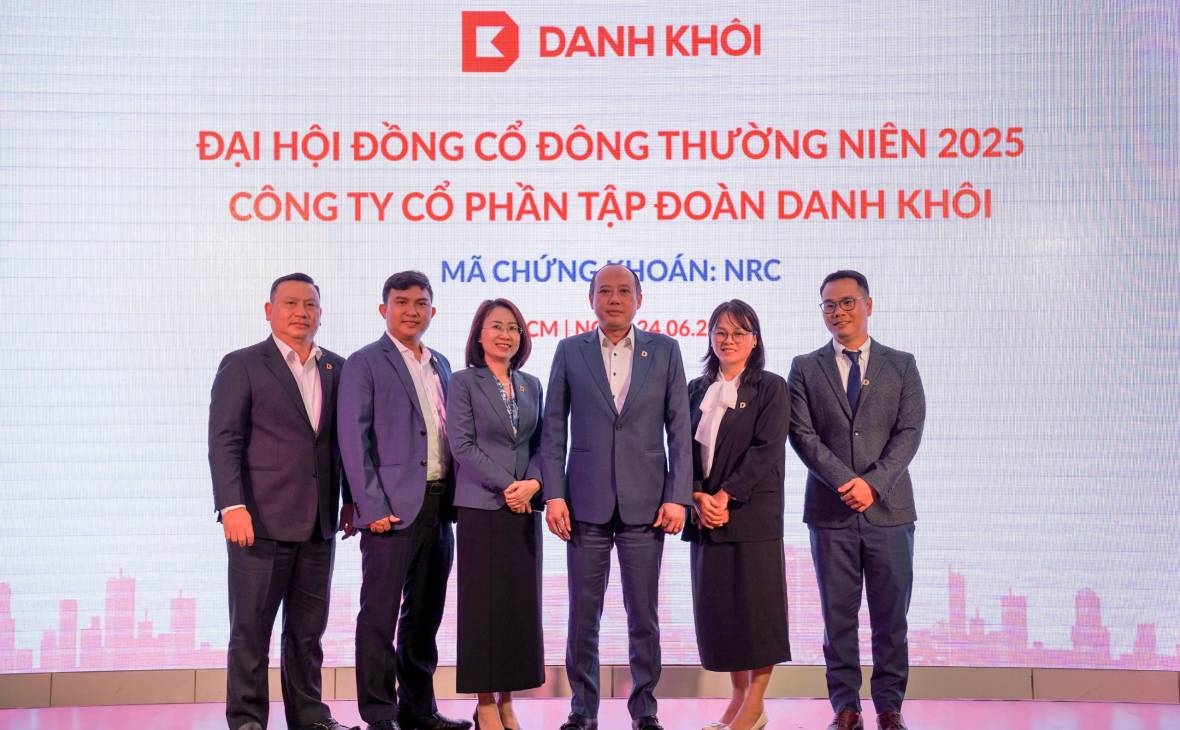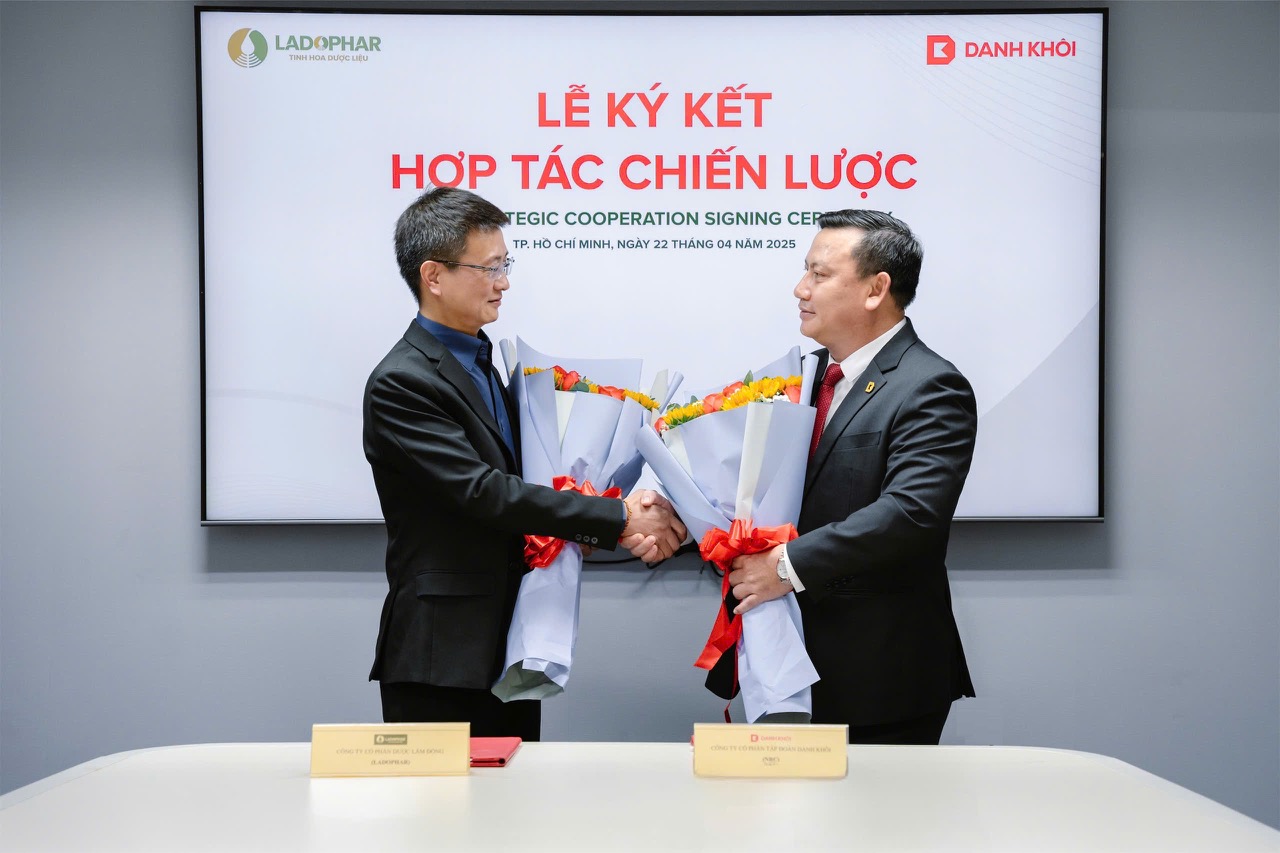By Hồng Đạt – October 9, 2025
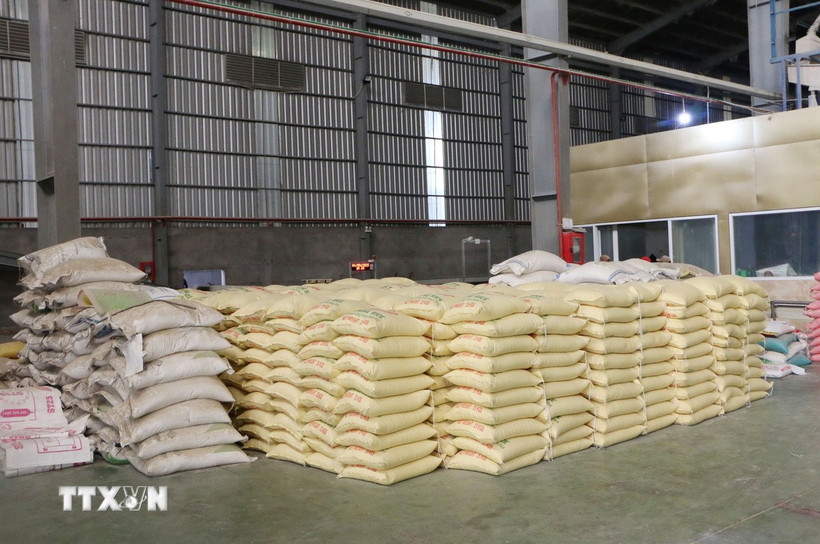
Amid unpredictable fluctuations in the global rice export market — especially after the Philippines, Vietnam’s largest buyer, temporarily suspended imports for 60 days — localities across the Mekong Delta have proactively implemented responsive measures.
From flexible rice purchasing and temporary stockpiling to the adoption of green and high-tech agriculture, all initiatives share a common goal: ensuring farmers’ livelihoods and building a sustainable rice value chain for Vietnam.
Securing Market Stability for Farmers
Following the Philippines’ decision — affecting nearly 79% of Vietnam’s total rice exports — the Department of Industry and Trade of Vinh Long Province promptly directed local exporters to increase rice procurement and temporary storage.
This timely response helps alleviate immediate challenges, stabilize market outlets, and maintain farmers’ confidence and production motivation amid uncertainty.
The provincial authorities issued an urgent directive requesting rice trading and exporting enterprises to actively purchase and reserve rice stocks, while maintaining reasonable price levels to safeguard farmers’ incomes.
This move not only stabilizes the market but also demonstrates corporate responsibility in supporting the agricultural community — a critical step toward sustainable rice industry development.
Currently, Vinh Long has only two rice exporters — Phước Thành IV Production and Trading Co., Ltd. and Trà Vinh Food Company — both directly impacted by the Philippines’ import suspension.
In response, these companies have adjusted production plans and sought new markets in Africa and the Middle East to maintain export momentum and reduce reliance on a single market.
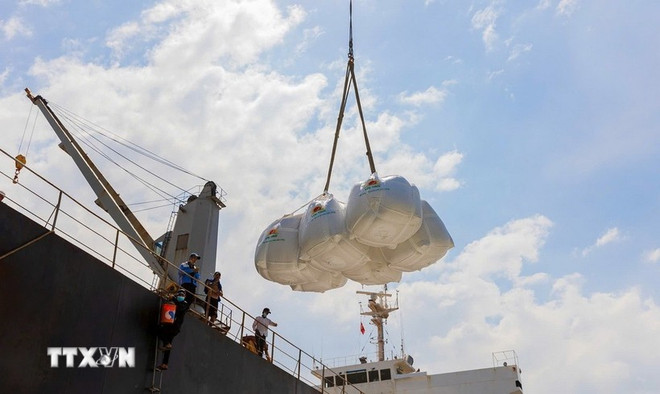
“We were worried that rice prices would collapse,” shared farmer Trần Văn Tám of An Bình Commune, Vinh Long Province.
“But thanks to local companies’ temporary purchasing, prices have remained stable at around VND 7,000/kg, allowing us to confidently start the next crop.”
At the same time, Vinh Long’s Department of Industry and Trade has been guiding exporters to comply with Decree 107/2018/NĐ-CP and Decree 01/2019/NĐ-CP on rice export operations, while coordinating with the Trade Management Office to provide timely assistance when issues arise.
This proactive collaboration between authorities and enterprises is helping to stabilize the rice market and protect farmers’ incomes amid global trade disruptions.
Advancing Green Agriculture and Raising Rice Value
Beyond Vinh Long, other Mekong Delta provinces are also accelerating adaptation strategies toward sustainable, high-tech agriculture.
In Cà Mau Province, authorities are expanding innovative farming models that integrate enterprises and cooperatives.
On September 30, the Cà Mau People’s Committee held an online meeting with local communes to address challenges and promote breakthrough production models such as super-intensive shrimp farming, improved extensive shrimp-rice systems, and organic rice linked to cooperative development.
According to the province’s plan, 1,500 hectares of super-intensive shrimp farming applying Recirculating Aquaculture Systems (RAS) will be expanded, while farmers are encouraged to adopt shrimp–rice integrated models — enhancing both productivity and value.
Vice Chairman of the Cà Mau People’s Committee, Mr. Lê Văn Sử, noted that despite difficulties, cooperation among authorities, enterprises, and farmers has yielded positive outcomes:
as of September 2025, shrimp production reached 584,000 tons (109% of plan) and rice output hit 1.68 million tons (103% of plan).
“With organic rice, our costs are lower and selling prices are higher,” said farmer Huỳnh Văn Nghi from Đá Bạc Commune.
“The best part is that everything is under a buyback contract — no fear of price manipulation.”
Provincial leaders also urged accelerated standardization of high-quality, low-emission rice production processes, investment in modern rice processing facilities, and the integration of funding from the 1-million-hectare high-quality, low-emission rice program to support enterprises.
With strong partnerships among local authorities, businesses, and cooperatives, Cà Mau is building a foundation for high-tech, value-added, and sustainable agriculture.
Can Tho’s Low-Carbon Rice Exports to Japan
In Can Tho City, the low-carbon rice production model is also yielding impressive results. The city has successfully exported 500 tons of low-carbon rice to Japan, marking a milestone for environmentally friendly, “green” agriculture.
To date, Can Tho has issued 579 planting area codes covering over 9,300 hectares, supporting traceability and high-quality rice exports.
Mr. Trần Tấn Đức, Vice Chairman of the Vietnam Food Association (VFA), affirmed that the growing global demand for green consumption presents major opportunities for Vietnamese rice — particularly for low-carbon varieties.
However, he cautioned that current production remains small-scale and lacks a synchronized supply chain.
To expand exports, closer coordination is needed among regulatory bodies, enterprises, and farmers, along with stronger branding efforts for Vietnam’s low-carbon rice in international markets.
Toward a Sustainable Future for Vietnam’s Rice Sector
According to Deputy Minister of Agriculture and Environment Hoàng Trung, Mekong Delta provinces should encourage enterprises to form partnerships with cooperatives and farmers, develop stable raw material zones, invest in deep processing, and diversify export products.
By applying science and technology and scaling up low-carbon rice models, Vietnam can meet green export requirements, enhance added value, and strengthen the global image of Vietnamese rice.
 en
en 


